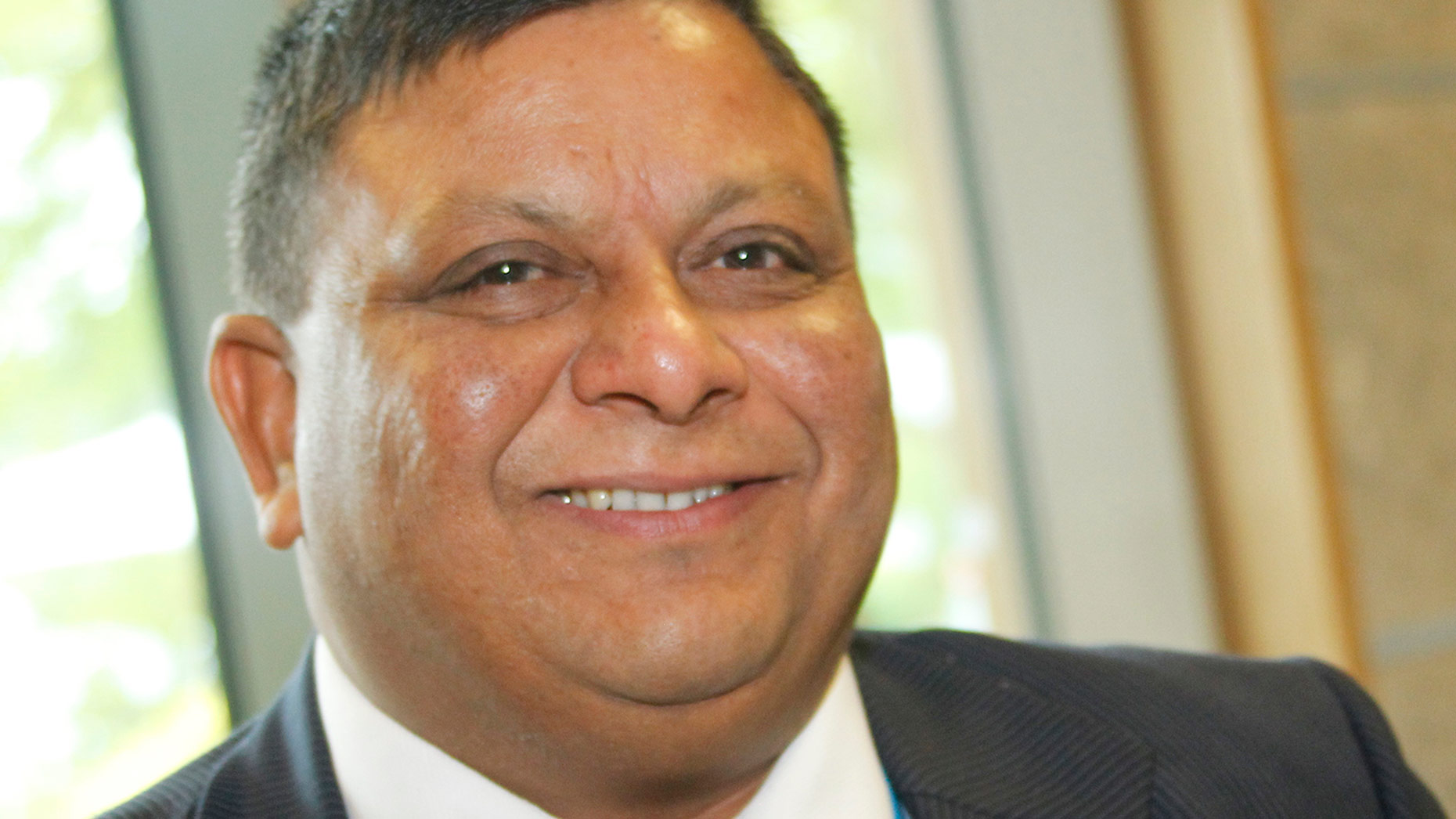Every year more than 800,000 people die by suicide and up to 25 times as many make a suicide attempt. Behind these statistics though there are individual stories of those who have, for many different reasons, questioned the value of their own lives.
Every suicide is an individual tragedy and a terrible loss to society, but suicides are not inevitable and everybody can play a role in preventing them.
The reasons for suicide can be very complex, but generally it’s the result of problems or worries building up to a point where someone feels they cannot cope anymore and can’t see another option or way out. A recent loss or break up of a relationship, problems with work or money, or living alone with little social contact can all be reasons people think about suicide, even if they have never had a mental health problem before.
It is often difficult to identify whether someone you are worried about is struggling to cope, however being able to recognise some of
the signs is a good start.
Things to look out for include:
- Continually lacking energy and enthusiasm
- Becoming anxious, irritable or confrontational
- Acting recklessly
- Isolating themselves from others
- Focusing on the negatives
- Having problems with work or studies
- Using drugs or alcohol to cope with certain situations
- Not taking care of themselves
- Discussing or mentioning suicide
Suicide Prevention Day, which takes place in September, is an opportunity to reflect on what everyone can do to take a minute and change a life.
People who have moved passed feelings of suicide often describe realising that they did not want to die but instead wanted someone to intervene and stop them.
Many say that they actively sought someone who would sense their despair and ask them whether they were okay.
Almost universally, they say that if someone had taken a minute, the trajectory that they were on could have been interrupted.
We know that people are often reluctant to intervene, even if they are quite concerned about someone. There are many reasons for this, not least that they fear they will not know what to say.
It is important to remember, however, that there is no hard and fast formula.
Individuals who have come through an episode of wanting to end their life often say that they were not looking for specific advice, but that compassion and empathy from others helped to turn things around for them and point them towards recovery.
Another factor that deters people from starting the conversation is that they worry that they may make the situation worse. Again, this hesitation is understandable; broaching the topic of suicide is difficult and there is a myth that talking about suicide with someone can put the idea into their head or trigger the act. The evidence suggests that this is not the case. Being caring and listening with a non-judgemental ear is far more likely to reduce distress than make it worse.
The Lincolnshire Suicide SAFE campaign asks people to take the time to ask #RUOK?
We want to spread the word about how important it is that people feel confident to talk to someone who might be struggling and that there are lots of resources available out there to help you start the conversation.
Our website has lots of great hints and tips, as well as information about organisations and websites that can help further.
So please read these resources and share with your family and friends to help spread the word across Lincolnshire.
Take the time to ask “are you okay?”






